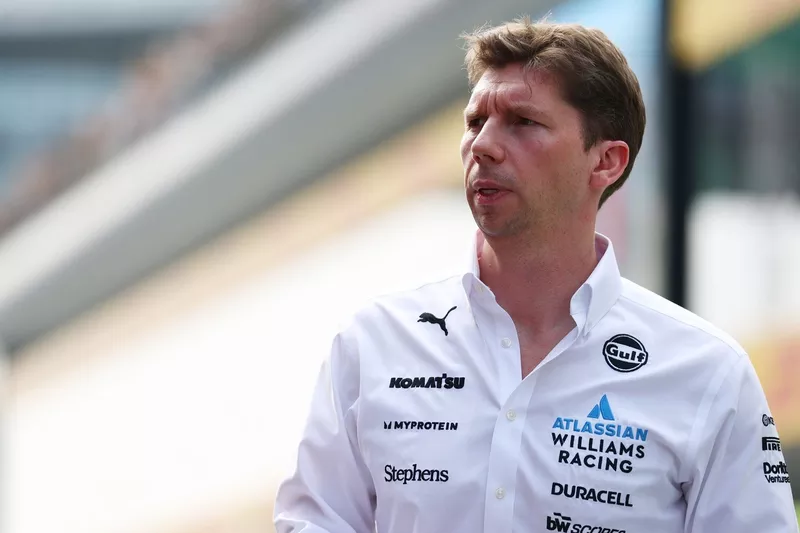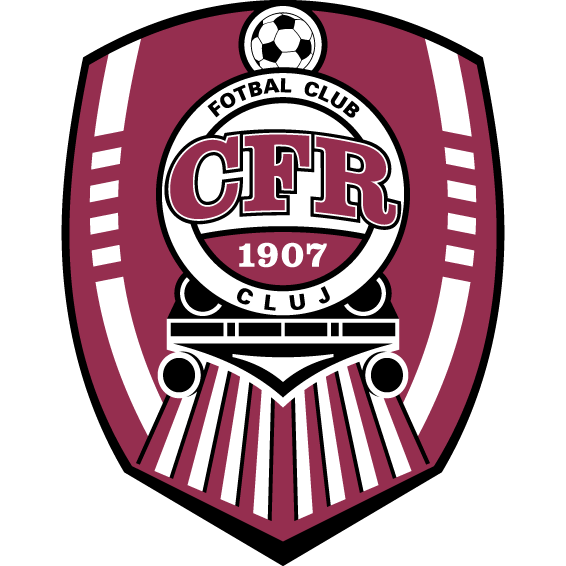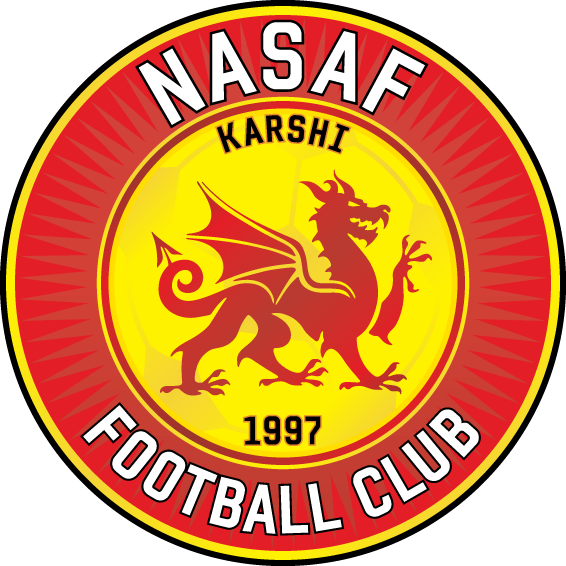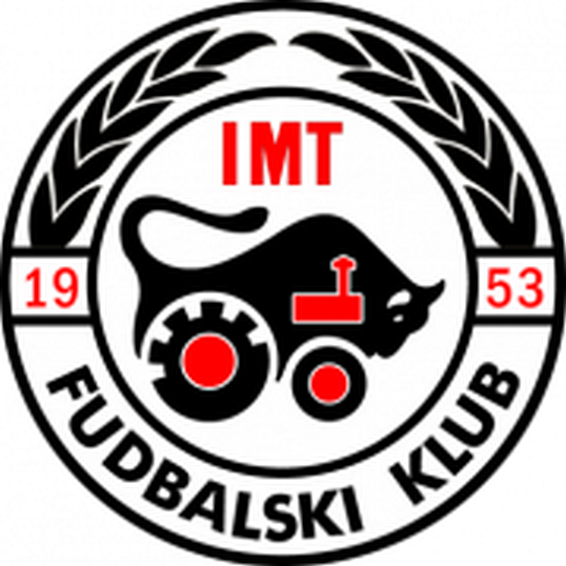
James Vowles says Williams won’t fall into short-term thinking traps
The transformation at Williams Racing under James Vowles has been steady, deliberate, and—most importantly—long-term. While the team currently sits sixth in the Constructors’ Championship, just a single point ahead of Haas, the numbers don’t tell the full story. Beneath the surface, there’s a cultural reset taking place in Grove, one rooted in patience, investment, and the rejection of short-term thinking traps that have haunted the team for the past two decades.
In a sport where the temptation to chase immediate results is nearly irresistible, Vowles is laying out a different vision—one that stretches years into the future, with an eye firmly fixed on 2026 and beyond.
Vowles admits Williams fell into short-term thinking traps
Vowles, who joined Williams in early 2023 after a long stint at Mercedes, has always been vocal about the uphill climb required to restore the team to its former glory. But in his latest comments, he offered a stark assessment of why Williams had fallen so far in the first place.
“To be frank, the reason we have come to this point is that we have always thought short-term for the last 20 years,” Vowles explained. “Some of this was due to financial reasons, some of it was due to other factors. But now investment is needed. And this investment should be made by thinking five years from now to put you in the right position.”
It’s a brutally honest admission for a team that once dominated Formula 1 but has spent the better part of two decades languishing at the back of the grid. While external constraints—like budget limitations and shifting regulations—played a part, Vowles makes it clear that internal decision-making also played a key role in their decline.
2026 is the milestone Williams is building towards

Vowles: Williams won’t be tempted into short-term traps again
For Vowles, the upcoming 2026 regulation changes represent a golden opportunity to hit the reset button, and he’s making no secret of the fact that this is where the team’s primary focus lies.
“It was not difficult to shift the focus to 2026 because that was one of the reasons I joined this team,” he said. “We had a very clear conversation from the very beginning: This process will take time and investment. We cannot think in the short term.”
This kind of planning marks a clear break from the reactive, patchwork approach that characterized much of Williams’ recent history. It also highlights why Vowles was seen as the right man for the job—not just for his technical background, but for his ability to lead a full-scale organisational transformation.
Car limitations remain—but expectations are managed
That’s not to say Williams is turning a blind eye to the present. The team still has immediate targets, and sixth place in the championship would mark their best finish since 2017. But Vowles is under no illusions about where the car currently stands and what it can realistically achieve in its current form.
“There are still some characteristics of the car that are not at the level they should be,” he admitted. “We don’t have the right balance for our drivers and we are a bit cornered in some of the cars we are running at the moment.”
While some improvements can be made this year, Vowles made it clear that major changes will take more time. “We can align some elements this year. But some require us to go in a different direction in the future. I don’t think we can completely solve these deficiencies, but we can make some improvements. It will be more like covering up the problems with tape rather than fixing them.”
This measured tone is part of the broader culture shift happening at Williams. Instead of promising miracles, Vowles is opting for transparency—and that honesty is resonating with fans and stakeholders alike.
Culture, structure, and a long road ahead
Vowles has consistently spoken about the need to modernize the entire Williams structure, from how data is processed and decisions are made, to how departments interact. These aren’t flashy upgrades that grab headlines, but they’re essential for long-term competitiveness.
“The highly efficient structure we want has not yet been achieved,” he said. “But the important thing is we’re now on the right track.”
This emphasis on structure and strategy is where Vowles’ Mercedes background really comes into play. It’s not about copying the Silver Arrows outright, but about applying those same principles of accountability, coordination, and patience to a team that’s lacked all three in recent years.
No shortcuts, no gimmicks—just time and trust
Perhaps the most refreshing part of Vowles’ message is that he isn’t selling dreams. He isn’t promising race wins in six months or podiums in a year. What he is promising, though, is a return to a mindset that once made Williams great—a belief that the foundation matters more than the quick fix, and that success built slowly will last longer than a fluke result.
“There’s only one path to victory,” Vowles said, “and you can’t get caught up in the ‘now.’”
For a team trying to climb out of a very deep hole, it might not be the fastest route. But for the first time in years, it feels like Williams is walking it with purpose.
























































There are no comments yet. Be the first to comment!